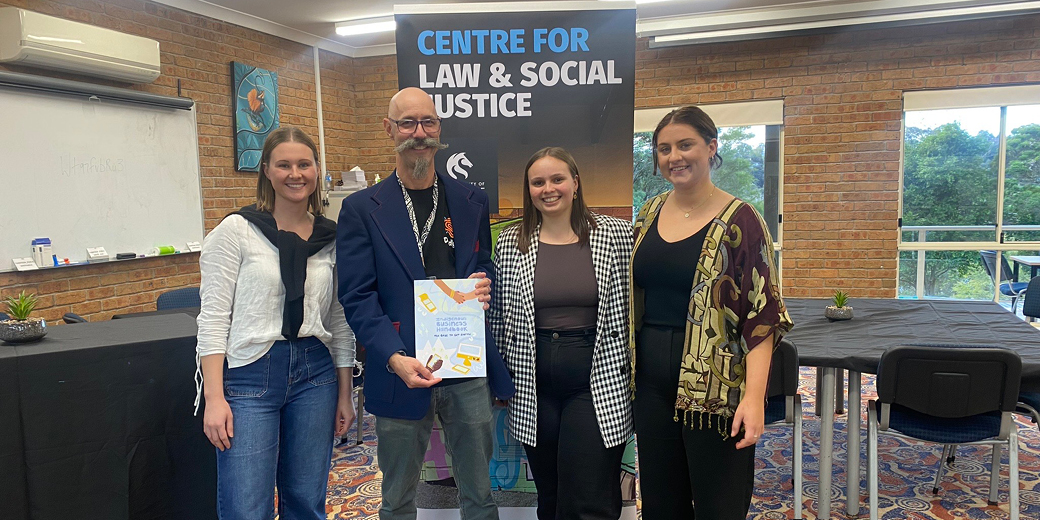It’s often the loudest voice that dominates a room to win an argument. However, as every quiet soul will know, breakthrough insight comes as much from introspection as it does from healthy debate. And organisations benefit from both.
Sam Shosanya, an experienced CEO and now General Manager of FrontTier, knows this all too well… his mission is to coach and support leadership teams. Working in law, Sam is well aware many legal leaders are not the classic corporate archetype of 100% extrovert, and he helps them to unlock their strengths, face fears, and raise self-awareness.
We caught up with Sam to better understand the power of introversion, especially in the law. We look at the different ways introverts and extroverts recharge and replenish, and Sam shares specific tactics that allow an introvert to change the temperature of a room rather than jostle for attention and airtime.
When the quiet voice speaks loudest: Learning how to work a room
For introverted lawyers navigating organisations dominated by comfortable networkers and confident speakers, Sam offers reassuring advice.
"The first thing I would say is discomfort is often the signal for what you need to press into," he begins. "So, the fact that this doesn’t come naturally to you doesn't mean you can't be very effective at it. There’s no growth without discomfort so treat it as a green light, not a sign to stop. The things that feel most difficult are going to lead you down the path that you need to go.”
According to Sam, there's an ability introverts possess that helps them tackle these difficult pathways. It is the ability to think deeply, and listen carefully, and then to act with intention. Sam sees this ability as a real advantage.
"Introverts can use those traits to better prepare for what they might not necessarily want to do. So, if networking isn't your thing, then be intentional about being good at it. Or if you are never going to do groups, become exceptional at adding value in one-on-one conversations through sharing insights and active listening."
Tasked with helping a team prepare for networking events, Sam provided them with a simple picture – a house, a garden, someone sitting in a chair reading the news with large dollar signs in the headline, sunshine, an airplane, and children playing.
"Those were their cues for going into a conversation, because you could talk about current events and economics, using the news as a prompt. You could talk about their children, you could talk about the weather, you could talk about holidays, career, all sorts of things," Sam explains.
Change the temperature. Tune out the noise. Amplify the signals
One of Sam's most notable coaching experiences involves a woman who was thorough and reflective, working in a firm that valued people who were outgoing and vocal in meetings.
"The opportunity for her, as I characterised it, was not to contribute to the noise in the meeting, but to change the temperature," Sam says.
"The way she could change the temperature in the meeting was by thinking more deeply, being more aware of nuance, and then asking questions that reflected that process, because the extroverts would likely be about being heard, sharing thoughts they had not truly processed. They'd be about being active and being visible, leading the conversation. Well, there's another way to influence the outcome of meetings, and that is to introduce calm and reflection."
Sam coached her to be ‘the nuanced person’ who could synthesise rather than simply share opinions.
"You want to be able to be on the dance floor as well as on the balcony,” he explains.
In other words, she had to be present enough to participate in the meeting, but she also had to be detached enough to notice the subtext and unarticulated influences in the meeting.
“This is how she would contribute, not just based on what was being said and what the core topic was, but what she was noticing about the interactions and how she might guide them."
The result? Less haste, more speed, and greater alignment because more voices were heard.
Practical steps for recognition without "taking up airtime"
Rather than compete with how extroverts express themselves, Sam suggests introverts run a parallel path; same-same, but distinct.
“You should play to your strengths,” advises Sam. “As I said, earlier, if I'm an introvert, then there's a reasonable chance that because I think deeply, I might be good at articulating myself with precision in writing. So whereas some people might want to be the person who's the most forward, the most vocal in a given meeting, maybe your contribution is delivered in a different way.”
Doing some insightful written work that arises from your deeper thinking on the subject or issue at hand, for example, is another powerful way to show the calibre of your contributions.
“There are so many other ways of demonstrating leadership without competing with people who are in their element in a room full of people, ideas flying around,” Sam says.
Introverts can benefit from considering how they present to the world.
“You have an opportunity to model presence and listening,” Sam explains. “Because a lot of the time, people believe promotions come exclusively from how more senior people see you. And there can be a lot of truth in that. But actually, what often happens is that colleagues and others more junior will talk about their interactions with you, and that can have a huge impact as well."
Mentoring is often a strong suit for introverts.
"Because they don't have to be heard all the time, because they're not taking the oxygen in the room, they can be brilliant mentors. So, take the opportunity to demonstrate how good a leader you are by being a brilliant mentor.”
Exploring Introversion: It's more about energy replenishment, than just shyness
When discussing introversion, Sam is quick to make an important distinction.
"The way we use the terms ‘introversion’ and ‘extroversion’ in society generally, or socially, is normally about how outgoing or how shy someone is," he explains. "When we're talking about introversion in this regard, it's really much more about energy, and how you manage your energy. This is a key currency of leadership."
As he puts it: "It's about how people recharge."
Using himself as an example, Sam illustrates the distinction between presenting as an extrovert and recharging as an introvert.
"I have no real issue interacting with people. I like meeting people. But what I also know is that I find that process exhausting."
This self-awareness provides crucial insight.
"It's a bit of a clue – that whilst I may be able to present very comfortably in social situations, the way I replenish my energy is to be in solitude. I don't want to be in groups; I don't want to be in social situations. I would rather exercise in solitude, I would rather read, I'd rather meditate, and that's where my energy comes from."
Due to this self-awareness Sam carefully manages his diary to secure those quiet times for replenishment. By contrast, extroverts may want to be in a group to re-charge, be out and about communicating and interacting with people. And so again, it is not just about how a person presents, but it's about how they recover their energy.
Building your capacity to lead
Much of FrontTier’s work focuses on building an individual’s capacity to lead. Senior lawyers who have been coached by Sam to become effective executives, often focus on one of four areas. These include effective delegation, improved resilience, coaching, and bridging the gap between technical excellence and leadership.
“Lawyers often have real challenges with delegation and creating an environment of trust, balancing that need to get it right with the requirement to give people elbow room to get it wrong,” Sam observes.
This plays into guiding leaders to coach their teams rather than provide ‘all the answers, all the time’.
“When you give your team and your colleagues answers all the time, you’re encouraging them not to think, because they’re waiting for the ‘right’ answer,” Sam says. “Questions are the answer. Even If they cost you time in the short term, you will enjoy the dividends in the long run.”
Firms, by nature, often focus on supporting fee earners to earn, rather than developing broader leadership infrastructure.
"In my experience, with the lawyers who have ascended through organisations, they're very good technically but have not necessarily focused on leadership. It is a challenge because as you become more senior, you inevitably need to be a good leader,” Sam explains. “You need to be much more emotionally aware and connected."
Sam is quite clear about the preparation gap.
"I’ve almost never seen anyone who is a salaried or equity partner who was fully prepared for that journey. They were very good at earning fees, and because they earned fees, they went up the line. Then suddenly they had a team to lead, and they didn't have their own leadership philosophy resolved, never mind having to help others develop their own," Sam says.
"I think there's a real piece around helping great lawyers become great leaders, but much earlier in the process. And it's not about technical competence. Technical competence will get you the promotion. Your emotional competence will keep you in the job and help you excel in your practice."
The consequences of failing to support lawyers in a holistic manner is both significant and systemic. The College of Law’s recent research found almost 70% of the Australian legal workforce identified as experiencing burnout in 2024, leading to many wanting to leave the profession. Addressing lawyers’ workplace needs and providing appropriate professional support is more important than ever.
“Just because you can cope, because you feel okay, does not mean you are not doing yourself significant damage,” Sam says. “I think there's an opportunity for really understanding resilience, well-being, and stress in the profession – looking at ways we can better support ourselves and our people.”



























![How to handle Direct Speech after Gan v Xie [2023] NSWCA 163](https://images4.cmp.optimizely.com/assets/Lawyer+Up+direct+speech+in+drafting+NSW+legislation+OCT232.jpg/Zz1hNDU4YzQyMjQzNzkxMWVmYjFlNGY2ODk3ZWMxNzE0Mw==)








































































